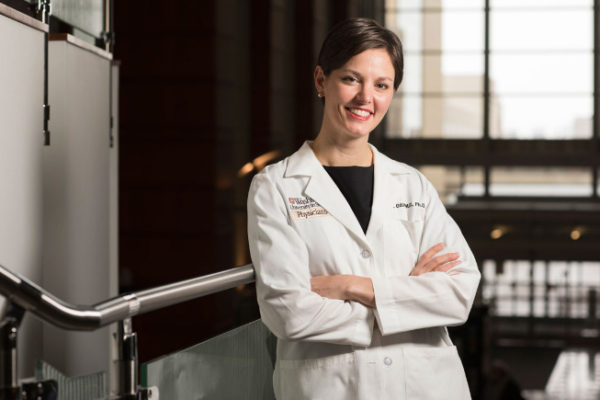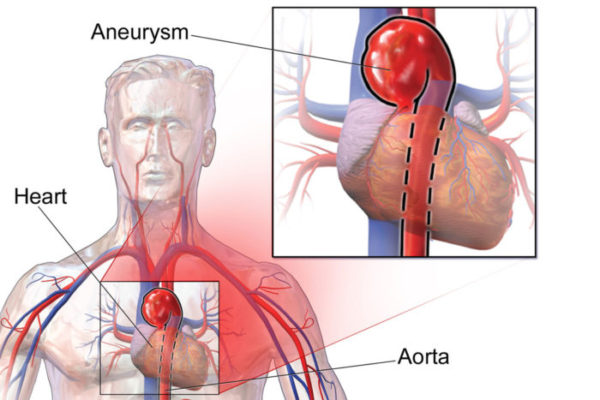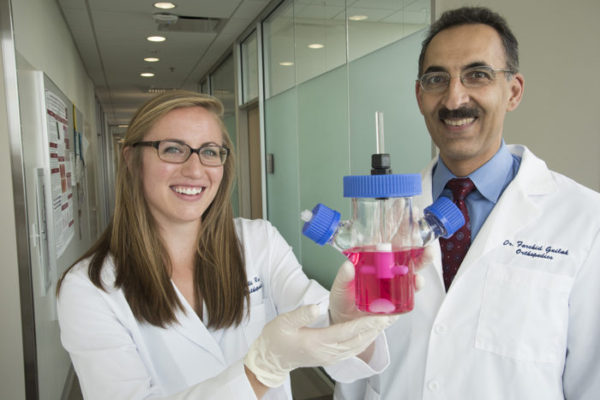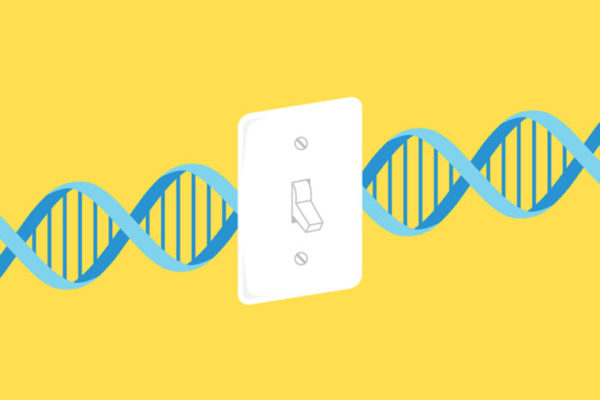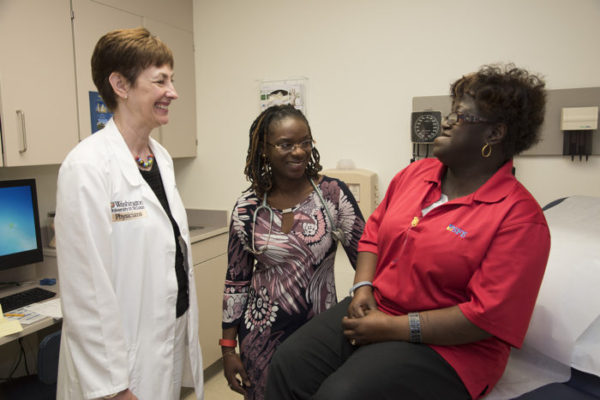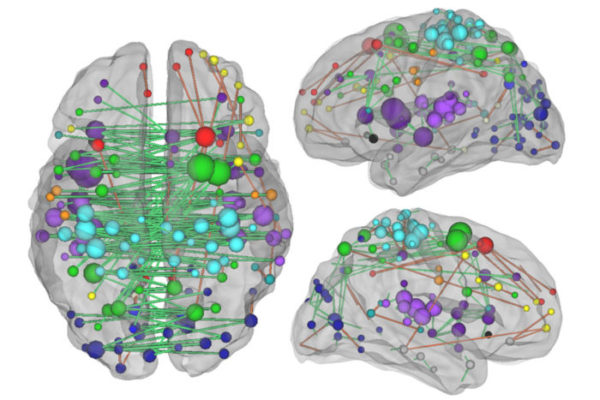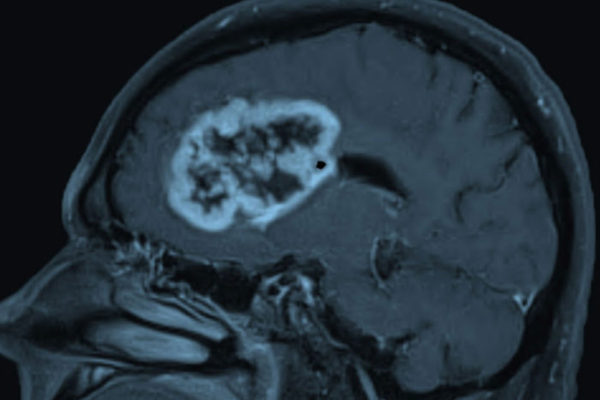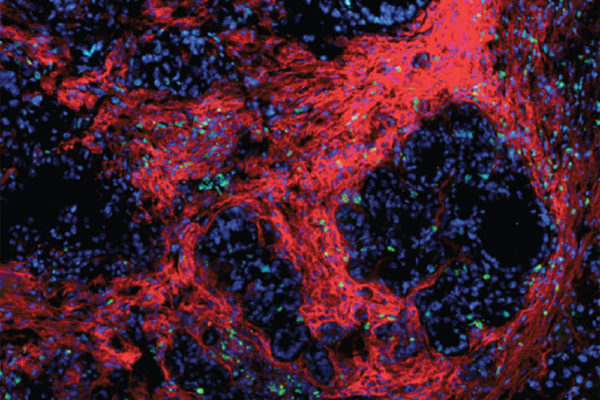Odom receives $500,000 award to further malaria research
Audrey R. Odom, MD, PhD, a noted malaria researcher at the Washington University School of Medicine, has received a five-year, $500,000 award from the Burroughs Wellcome Fund to further her research into the parasitic disease.
Genetic error that increases risk of aortic rupture identified
A study led by Washington University School of Medicine in St. Louis, in collaboration with Brigham and Women’s Hospital in Boston, has identified a genetic error that weakens the aorta, placing patients with this and similar errors at high risk of aortic aneurysms and ruptures.
Stem cells engineered to grow cartilage, fight inflammation
With a goal of treating worn, arthritic hips without extensive surgery to replace them, scientists at the School of Medicine have programmed stem cells to grow new cartilage on a 3-D template shaped like the ball of a hip joint.
Ability to turn off genes in brain crucial for learning, memory
A study in mice at the School of Medicine how genes stuck in the “on” position can lead to faulty brain wiring that affects learning and memory.
Study aims to find clues to breast cancer outcomes in African-American women
Researchers at the School of Medicine are launching a major study in African-American women with breast cancer to learn whether their genetic risks are influenced by the same mutations that affect white women or are altogether different mutations.
IDEA Labs, Sasa Mutic honored as innovators
Celebrating innovation in St. Louis, the St. Louis Business Journal honored area individuals and companies with the publication’s third annual Innovation Awards in June. Among those honored were Washington University’s student-run IDEA Labs and Sasa Mutic, of the School of Medicine’s Department of Radiation Oncology.
Measuring damage to brain networks may aid stroke treatment, predict recovery
Two new studies from the School of Medicine indicate that current clinical practices may be missing a key aspect of stroke-induced brain damage. For some cognitive functions, such as memory and attention, the severity of a person’s disability correlates with the extent of disruption to the brain’s communication networks – something that is not measured by most brain scans.
Potential drug target identified for deadly brain cancer
New research from the School of Medicine provides clues to why some patients with glioblastoma fare worse and identifies a drug target that potentially could improve survival.
Immune-based therapy in mice shows promise against pancreatic cancer
A new School of Medicine study in mice has shown that immunotherapy against pancreatic cancer can be effective when given in conjunction with drugs that break up the fibrous tissue in these tumors.
Falls in months before surgery are common in adults of all ages
In a large study of 15,000 adults undergoing elective surgery, researchers at the School of Medicinefound that falling up to six months before an operation is common and often causes serious injuries — not only in elderly patients but across all age groups. Surprisingly, middle-aged patients fell slightly higher than those 65 or older.
View More Stories
